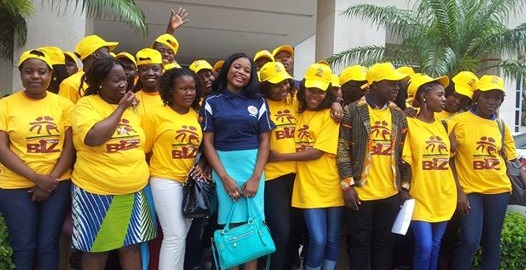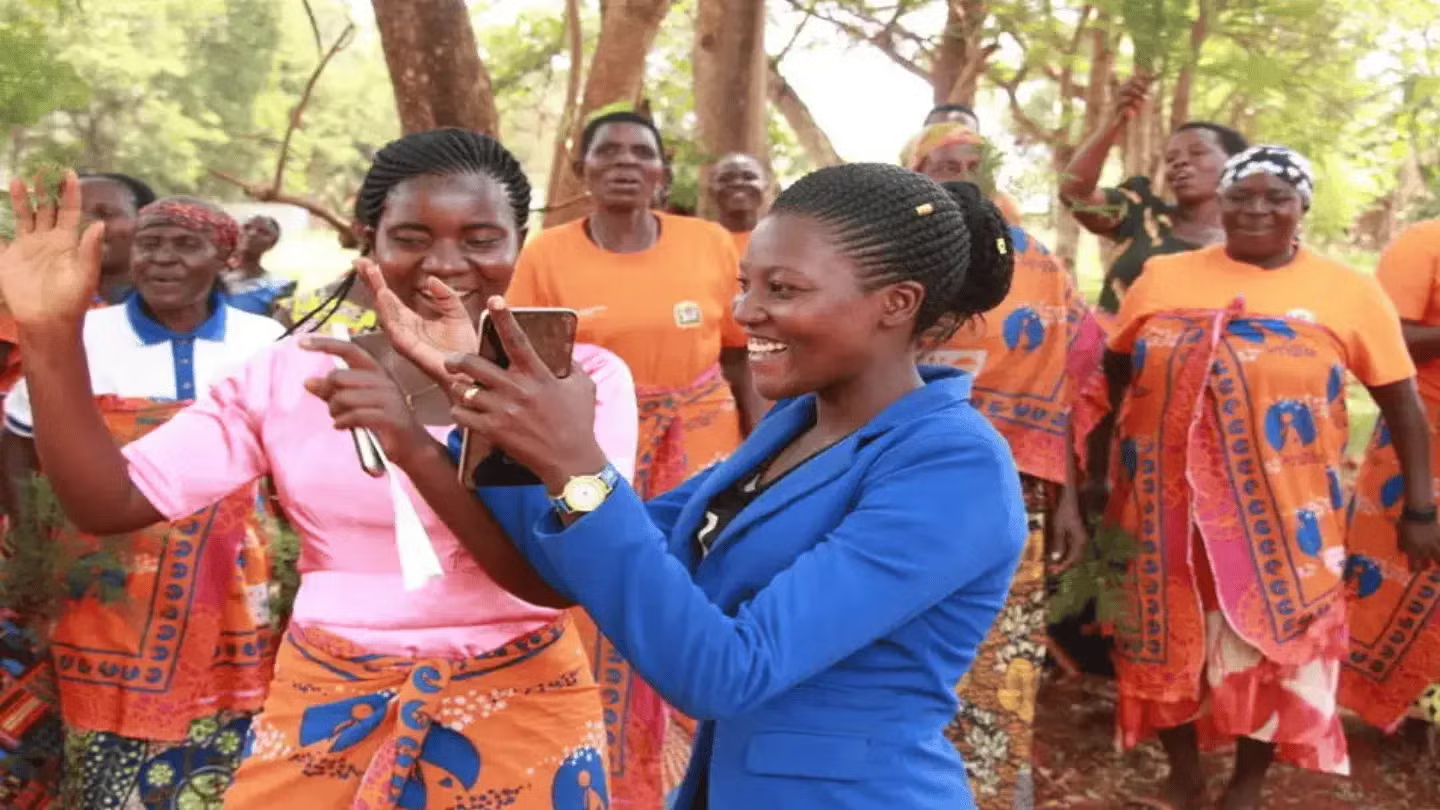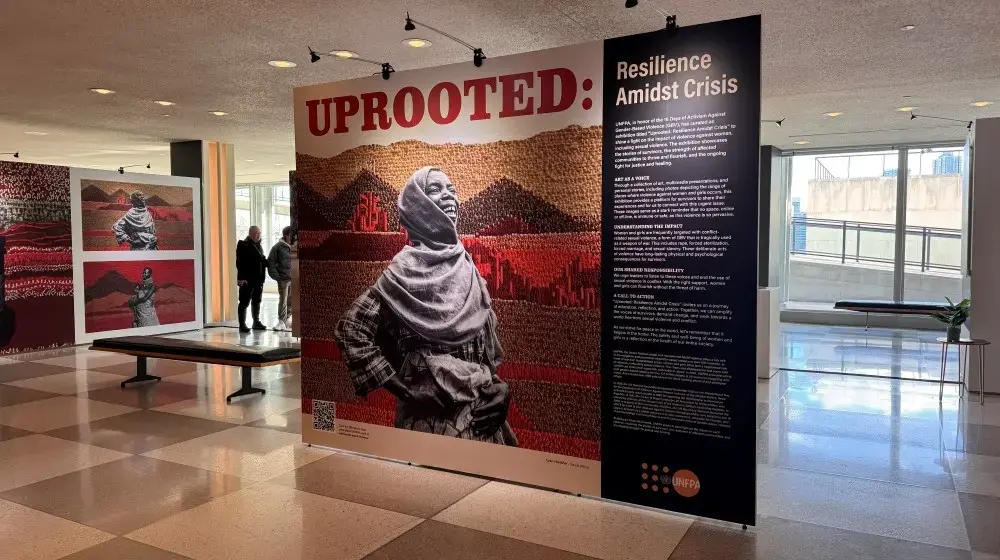MAPUTO, Mozambique, 12 December — The Prime Minister of Mozambique, Dr. Alberto Vaquina, pledged to continue supporting the efforts of the Geração Biz Programme, which empowers voluntary youth activists in the promotion of sexual and reproductive health.
Dr. Vaquina made the pledge during a three-hour meeting with over 120 youth activists from across the country. "This is a Mozambican programme. We need to make sure that it continues to work, even with limited resources," he said. “Activism is voluntary and you take part because you are convinced that you can make a difference to your own life, that of your family, your neighbour and your community."
Established 15 years ago with support from UNFPA and funding from Norway, Sweden and Denmark, Geração Biz is a flagship programme for adolescents’ sexual and reproductive health in Mozambique. Geração Biz Coordinator and National Youth Institute Director, Rui Mapatse, presented a brief report on the achievements and introduced its new strategic plan for 2015-2018.
Mafalda Muianga, an activist with the local NGO Coalizão, describes how her life changed after becoming an activist eight years ago. “When I joined, I had little knowledge [about condoms and family planning], but now I am empowered to negotiate the use of condoms and I am capable of choosing the right family planning method.”
For Muianga, an activist must be a role model in the community, so that people will follow. “The work is not paid but it’s rewarding to change people’s behaviour in matters related to sexual and reproductive health,” she says.
Young activists shared with the Prime Minister their needs for increased support to be able to perform their tasks and overcome resistance. One activist pointed out that they do not have any identification cards as PGB activist, for instance, while another said that the school principal had closed their counselling corners.
Other concerns raised include the fact that many schools do no admit pregnant girls to school during the daytime, and adolescent illiterate mothers have to attend adult literacy classes. Also, health providers of youth-friendly services are not always available.

The activists raised some serious concerns: “Even if we counsel them and give them condoms, they don’t use them and then they come back pregnant.” Dr. Vaquina urged them to continue their activism despite such setbacks.
UNFPA Representative in Mozambique, Bettina Maas, renewed the organization’s commitment to continue working with the government and civil society organizations to improve sexual and reproductive health in the country. “We are proud of our support to PGB which, over time, has adjusted to a changing environment, new challenges and new partnerships,” she said.
UNFPA currently supports direct implementation of the programme in four focus provinces, with two innovative approaches that are part of the new strategy – MoBiz and Action for Girls. MoBiz is a digital system (mobile phone) through which activists facilitate clients’ access to sexual and reproductive health information and services in local market supply chains. Action for Girls is a girls’ mentorship programme, which operates in communities.





